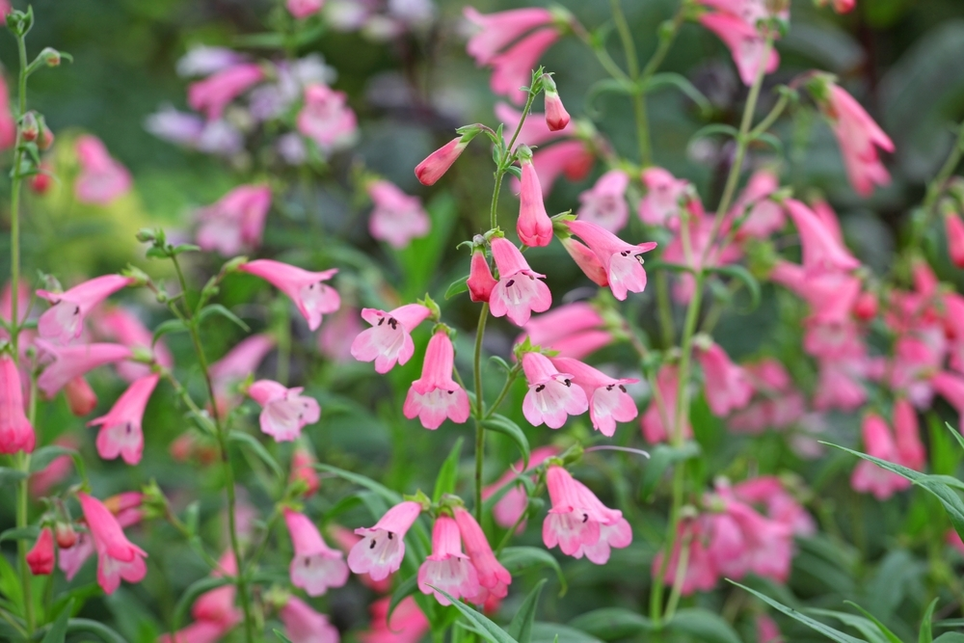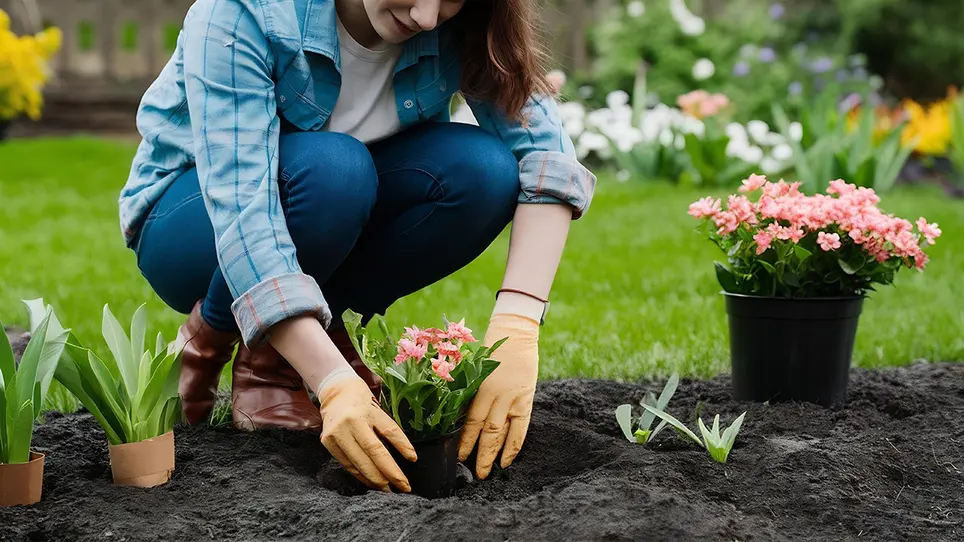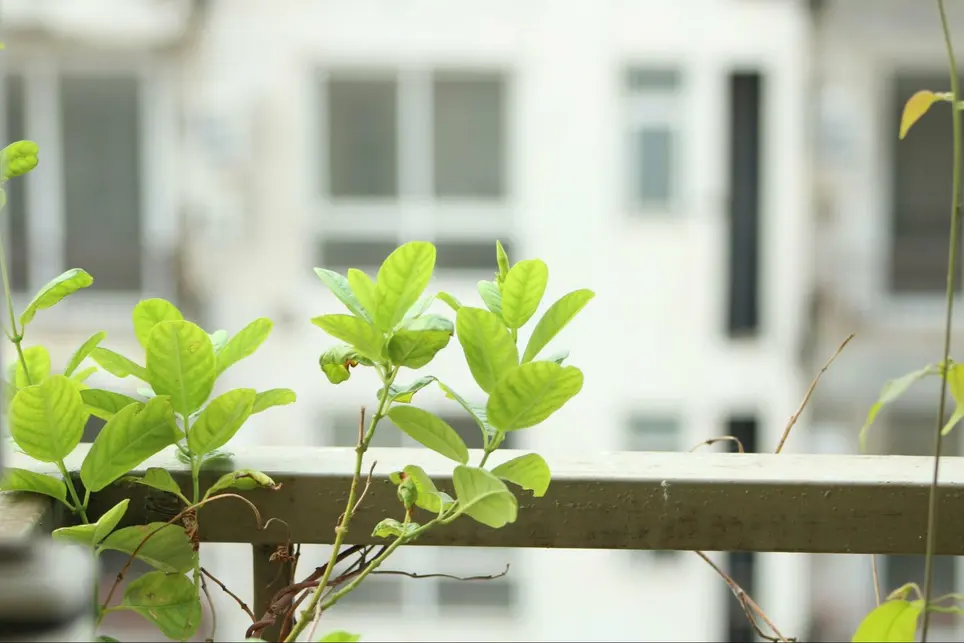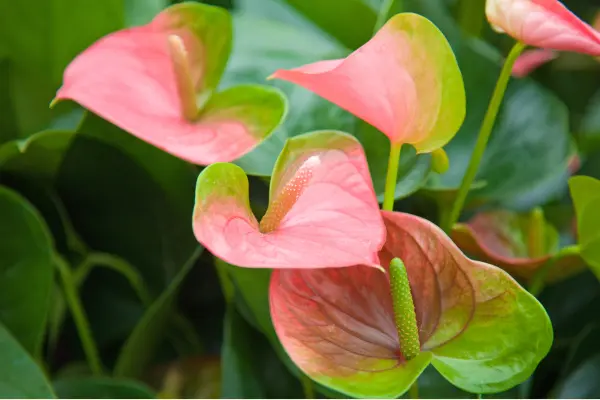
Life can be tough for birds in winter. There’s less food around, and at the same time, they need to eat more, to keep warm. To maintain their energy level, you can support your garden birds. Don't let garden birds suffer in winter, but make your garden their favourite spot to stop by for dinner. We can help our garden birds get through the cold months by putting out the right sort of food. We show you what kind of food different garden birds need.
Feeding birds in winter
In winter, birds need high calories, giving them the fuel they need to keep warm and healthy. A supply of clean water is also vital for birds in winter, when puddles and other natural water sources may be frozen over. Birds need water both for drinking and for washing so that their feathers can provide effective insulation against the cold.
Good winter bird foods
In our garden centre, we offer different types of food to offer your garden birds. Different types of birds like different kinds of food. If you want to attract various garden birds, you should combine several winter bird foods.
-
Suet balls are packed with high-energy fats and are popular winter food for many garden birds. Remove any netting or mesh bags before hanging them up, to avoid birds getting their feet caught in the netting.
-
Mealworms can be spread on bird tables or scattered on the ground. If you are using dried mealworms, soak them in warm water for up to an hour before putting them out, to provide an added hydration source for birds. Mealworms are popular with robins, blue tits and blackbirds.
-
Sunflower hearts are high in fat and can be used in feeders, tables, or scattered for ground-feeding birds. They are good for attracting tits, greenfinches and chaffinches, among other birds.
- Nyjer seeds are tiny black seeds packed with high-energy oils. Because they are so small, you will need a special feeder for them. Goldfinches and siskins love nyjer seeds.
- Fruit such as bananas, apples and pears placed on bird tables will attract thrushes, tits, starlings, and blackbirds.
- Pieces of uncooked, unsalted fat from meat make good winter bird food. Hang them up so that small birds such as tits can take morsels, but make sure they are securely attached so that bigger birds don’t steal the whole piece. And never put out cooked fat, as it is likely to have absorbed salts during the cooking process that are toxic to birds.
Tips for feeding birds
If you follow these tips for feeding garden birds, you will enjoy flying creatures in your back yard continuously,
-
Place feeders in the open, so that birds can see cats approaching and escape in plenty of time.
-
It can take a while for birds to find your feeder, so don’t worry if you have no visitors for a few weeks after you put up a new feeder.
-
Clean feeders regularly to avoid transmitting diseases.
-
Keep feeders topped up, especially in winter, so birds don’t waste energy visiting an empty feeder.
-
Don’t leave uneaten food sitting on trays, as it is likely to attract rats. Adjust the amount you provide so that you only put out what will be eaten.
We have everything you need to take care of your garden birds this winter, including feeders, tables and a wide range of bird foods. Visit us to stock up on all your gardening essentials.







